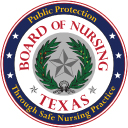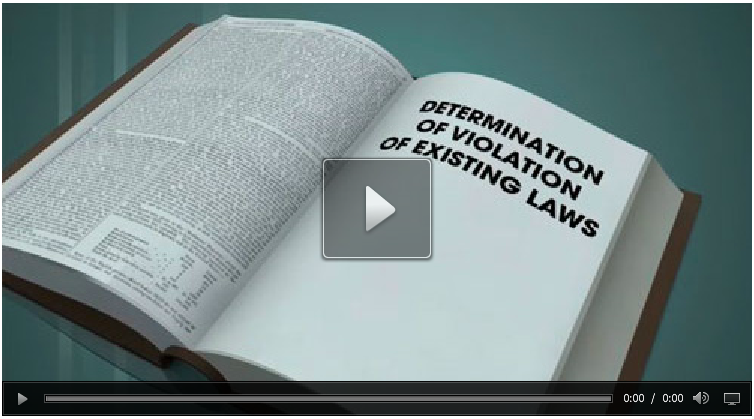
(3/21/20)
Following Governor Greg Abbott’s state disaster declaration on March 13, 2020, the Texas Board of Nursing, with direction and assistance from the Governor’s Office, is implementing procedures to waive certain requirements to help the state’s licensed vocational nurses, registered nurses and advanced practice registered nurses respond to COVID-19. These requests for waivers are based upon the assertion that strict compliance with these laws could prevent, hinder, or delay the deliverance of nursing care in relation to efforts to cope with the declared disaster.
On March 21, 2020, in accordance
with section 418.016 of the Texas Government Code, the Office of the Governor granted
the Board of Nursing’s request to suspend 22 Tex. Admin Code 217.3(a)(2) and
(4), 22 Tex. Admin. Code 214.10(e)(3), 22 Tex. Admin. Code 217.9(f), and 22 Tex.
Admin. Code 217.9(g). This suspension is in effect until terminated by the
Office of the Governor or until the March 13, 2020 disaster declaration is lifted or
expires.
Licenses that are suspended, revoked, surrendered, otherwise placed inactive based on the terms of any prior disciplinary order, and licenses currently under disciplinary monitoring or investigation are excluded from the Governor approved waiver process.
Below is a breakdown of each of the rules temporarily waived:
This rule relates to temporary authorization to practice/temporary permits for graduate nurses and graduate vocational nurses. Prior to this waiver, the rule limited the length of a graduate nurse (GN) or graduate vocational nurse (GVN) permit to 75 days. The granted waiver now allows the Board to extend GN and GVN permits up to 6 months.
This extension will allow nurse graduates to continue to practice until they can take the licensing exam. These individuals must still be supervised by a licensed nurse in their GN/ GVN roles. Employers will be able to employ these graduates and meet health care demands during the declared emergency. Further, the public will have greater access to care when health care demands are stretched if these individuals can practice during this time.
- 22 Tex. Admin. Code §214.10(e)(3) and §215.10(e)(3) relating to Clinical Learning Experiences for Vocational Nursing and Professional Nursing Education Programs:
Prior to this waiver, these rules limited clinical learning experiences for vocational nursing and professional/registered nursing students to 50% simulation activities in each clinical course. The granted waiver now allows students in their final year of a nursing education program to meet clinical learning objectives by exceeding the 50% limit on simulated clinical learning experiences.
This temporary waiver may help senior nursing students enrolled in a program that has ceased direct care clinical learning experiences to graduate as planned and become a part of the nursing workforce during this unprecedented disaster when employers need “all hands on deck”.
- 22 Tex. Admin. Code 217.9(f) and 217.9(g) relating to Inactive and Retired Licensure Status:
Prior to this waiver, Rule 217.9(f) required a nurse who has not practiced in Texas and whose license has been in inactive state for less than 4 years to complete a reactivation application form, pay a fee, and submit verification of 20 hours of Continuing Education (CE). The granted waiver now eliminates licensure reactivation fees and CE requirements for these applicants. This will help expedite reactivation of licenses during this time of great need to increase the nursing workforce.
Prior to this waiver, Section 217.9 (g) required a nurse whose license has been inactive for more than four years to complete an additional refresher course and jurisprudence exam, in addition to a reactivation fee and completion of CE. This waiver eliminates licensure reactivation fees, CE requirements, refresher course requirements, and the jurisprudence exam requirement. Employers who seek to employ nurses who have been out of practice for a significant period of time are encouraged to assess each nurse’s competency and offer orientation necessary to assure the nurse is competent to practice safely.
Licenses that are suspended, revoked, surrendered, otherwise placed inactive based on the terms of any prior disciplinary order, and licenses currently under disciplinary monitoring or investigation are excluded from the Governor approved waiver process.



